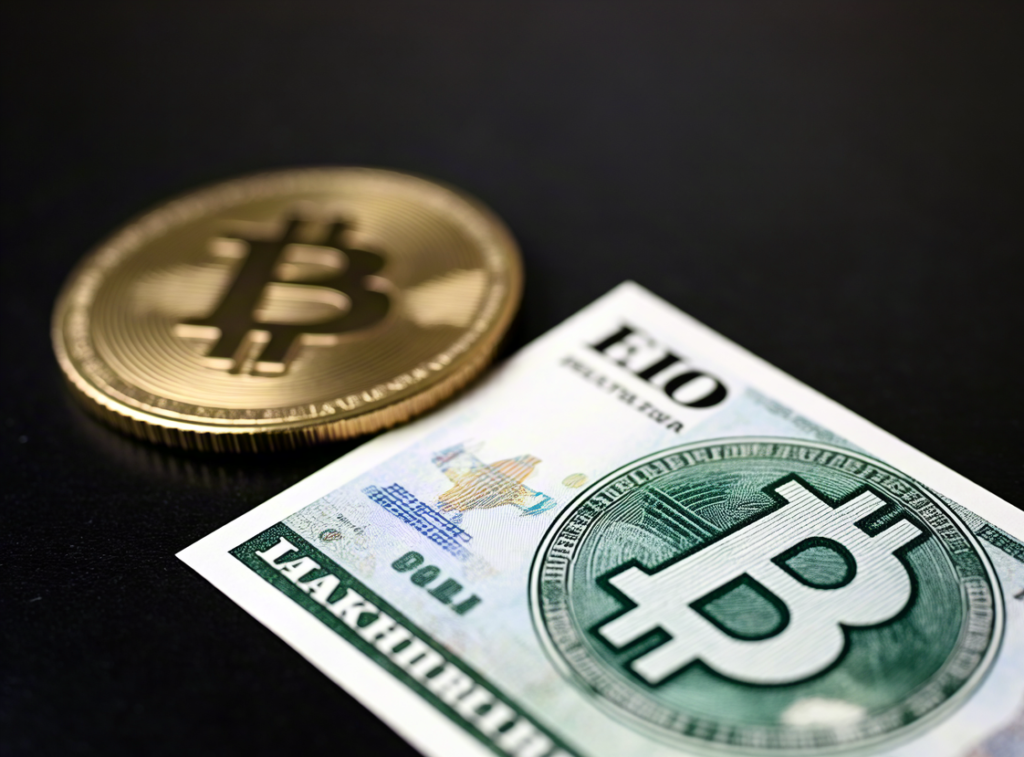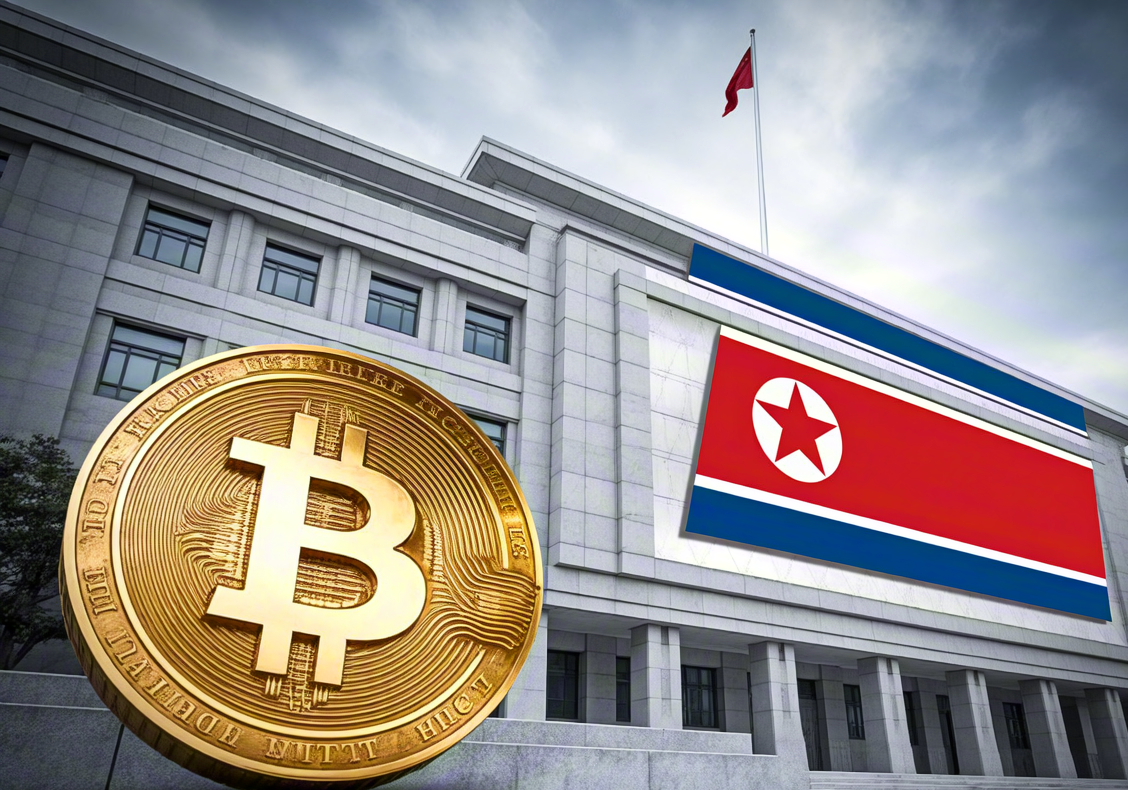North Korea has emerged as the world’s third-largest government holder of Bitcoin, with its reserves now reaching 13,562 BTC.The country now ranks only behind the United States (198,109 BTC) and the United Kingdom (61,245 BTC).
This significant increase in holdings has positioned the nation ahead of El Salvador and Bhutan in terms of government-controlled Bitcoin.
This surge in North Korea’s Bitcoin stash is largely attributed to a series of cyberattacks carried out by the state-backed Lazarus Group, a notorious hacker collective. The group has been linked to the theft of an estimated $1.5 billion in cryptocurrency from multiple exchanges, with recent reports highlighting the conversion of stolen Ethereum (ETH) into Bitcoin. This strategic move has boosted North Korea’s crypto reserves as part of its ongoing efforts to bypass international sanctions, fund state activities, and evade global financial oversight.

While countries like El Salvador have openly embraced Bitcoin as legal tender—holding around 6,117 BTC—and Bhutan has accumulated 10,635 BTC, North Korea’s growing crypto holdings are not as transparent. The regime’s involvement in the digital asset space primarily revolves around illicit operations, particularly through cybercrime. The recent Bybit exchange attack is just one example of North Korean hacking groups targeting cryptocurrency platforms to bolster their reserves.
This rapid expansion of Bitcoin holdings raises concerns about the increasing role of cryptocurrency in international security. Governments worldwide are calling for stronger cybersecurity measures and enhanced blockchain surveillance to prevent the misuse of digital assets by rogue state actors. As North Korea’s Bitcoin reserves continue to climb, the global community is facing mounting pressure to address the intersection of cyber warfare and cryptocurrency in modern geopolitics.
